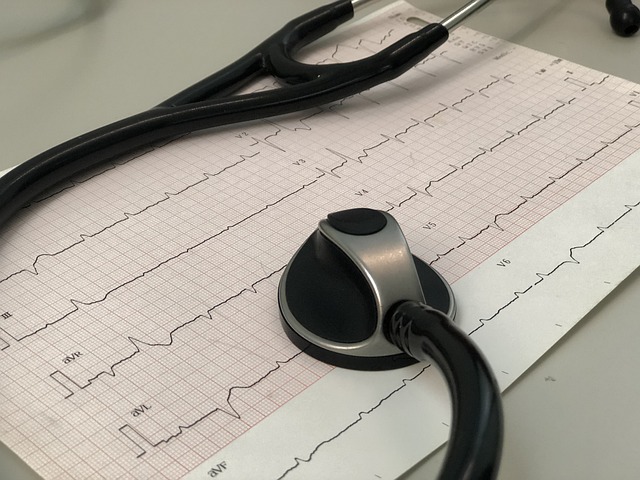What is an EKG?
EKG is a non-invasive diagnostic test which is conducted to establish and record your heart’s electrical activity. An EKG may also be known as an ECG or electrocardiogram. It serves to show how fast your heart is beating and whether your heartbeat is regular or irregular, slow or rapid.
Who needs an EKG?
Any individual exhibiting the following symptoms is a prime candidate for receiving an EKG:
- Fatigue
- Dizziness
- Shortness of Breath
- Chest Pain
- Heart Palpitations
- Rapid Pulse
- Feeling Weak
EKG services will equip your urgent care provider with the information they need to correctly diagnose whether you have experienced a heart attack or any underlying heart condition. It can assist in differentiating between an angina attack and a heart attack.
An EKG also can help in diagnosing if you have any structural issues in your heart or even if you suffer from other heart issues such as cardiac arrhythmia or any heart disease.
An EKG may also be issued right before surgery to verify if your heart is healthy enough to withstand the operation or even to monitor a preexisting heart condition.


